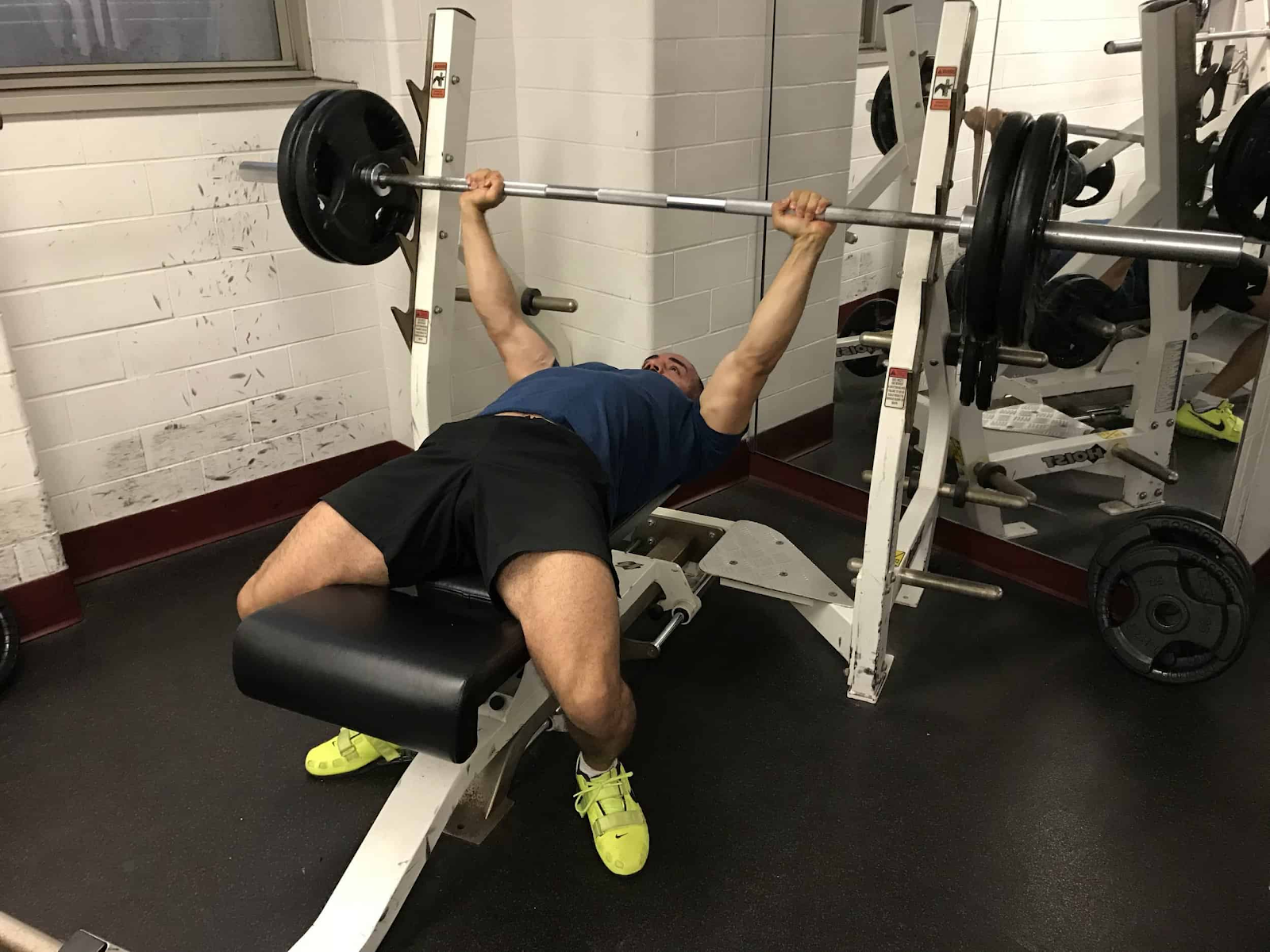Common Fitness Myths
Exercise Myths
Spot Reducing Fat:
Spot reducing is saying that working out a certain body part will cause that body part to lose weight/fat. This is blatantly not true, as fat is burned off evenly throughout the body due to a calorie deficit.
You will see the Results Immediately:
Results don't come fast. Visible results usually take around 3-6 weeks and up to 3 months for other people to see these results as well. Results are not fast so be patient.
Ab Workouts give you Abs:
Unfortunately, this isn't how it works. Your abs are a muscle used every day so growing them is very difficult, and as mentioned before spot reduction doesn't work. Everyone has abs, the only reason you can't see them is because they are covered by a layer of fat. The only way to see them is through losing fat.
Lifting Weights Makes You Bulky:
This is false. Just because you lift doesn't mean you're going to turn into a huge person. Lifting weights will make your muscles stronger, becoming bulky takes a very specific diet and training, along with many years of experience.
You Should Exercise Everyday:
No don't do this. Your body needs rest; without rest, it will never grow or recover from your workouts. Work out 3-6 times a week maximum.
No Pain, No Gain:
Pain or soreness doesn't represent a good workout. Soreness is normal but not being sore isn't a bad thing. Being overly sore may be a sign of improper form.
Longer Workouts are Better:
The effectiveness of a workout doesn't rely on the length of a workout. An effective workout can be anywhere from 20-90 minutes. Longer workouts also need longer rest periods.
You Can Sweat off Fat:
No, sweat doesn't help you lose fat. It may help you drop water weight, but weight from fat wouldn't be affected. This is because sweating is just the process of your body cooling down.
You can Turn Fat into Muscle:
Fat and Muscle are two entirely different types of tissue. They cannot just transform into one another. Fat can be lost while muscle is gained, but they cannot be directly swapped.
You can Know your Calories Burned:
When apps, machines, or watches show your calorie burn after a workout it's usually off by a large amount. This is because tracking your true calorie burn is close to impossible since so many metabolic processes go into your calorie burn. The numbers you see are usually only rough estimates.
Bigger Weights Equal More Muscle:
Strength and muscle mass are two different things. More weight on a bar usually leads to strength gains rather than hypertrophy. Hypertrophy is usually most optimal when viewing total volume over total weight. This explains why stronger lifters are sometimes smaller than weaker lifters.
Dietary Myths
Carbs Make You Fat:
Carbohydrates don't make you fat. Weight only really matters due to the total calorie balance of the day; it doesn't matter where these calories come from, whether they are from fats, carbs, or proteins.
Fats Make You Fat:
As stated before, just because they are called fats doesn't mean they are going to be converted directly to fats. Now yes fats have more calories per gram than other macronutrients, it's still all about the calorie balance you consume.
Eating Late at Night Makes You Fat:
No, the time of day you consume calories doesn't affect the way they are stored. It doesn't matter whether it's morning or night. It's about the calorie balance.
You Can Go Into "Starvation Mode":
Yes, if you stop eating your body will start to adapt however its still calories in calories out. You cannot break the law of thermodynamics. Starvation mode is real to some extent however just not how you think.
Supplements are Needed to Get Big:
Supplements can help 100%, but they are never needed. You can build a great physic without taking a single supplement. Remember supplements are optional.
Eggs are Bad for You:
Some people think eggs are bad for you specifically the yolk of the egg. This is because of the high amount of fat and cholesterol. However, the fats found in the yolk are unsaturated fats, and are considered "healthy fats." The cholesterol however is dietary cholesterol and plays a minimal role in your blood cholesterol. The LDL will only make very slight changes, even if you eat eggs daily.
Eating Healthy Causes, you to Lose Weight:
Losing weight is decided by a calorie deficit. Healthy food itself can help you reach this deficit, but it doesn't always mean you'll lose weight. For example, peanut butter is extremely healthy but has a large number of calories for a small volume.
Salt is Bad for You:
Salt isn't necessarily bad. You may actually be consuming too little salt for your body if you're an athlete or active person. Now always check your blood pressure with your doctors, but if it's at a healthy range salt intake really won't harm you.
Eating More Often Speeds up your Metabolism:
This sadly isn't true. Your metabolism is stable throughout the day. However, the thermic effect of food may affect your metabolism slightly, but in general, your metabolism doesn't change.
You can Boost your Metabolism:
As said before, your metabolism will stay constant throughout the day. Slight changes can happen but it's never anything noticeable, in the long term.
There's Good Foods and Bad Foods:
There are no such things as bad foods. There is good foods and better foods. Any food is good in moderation.





